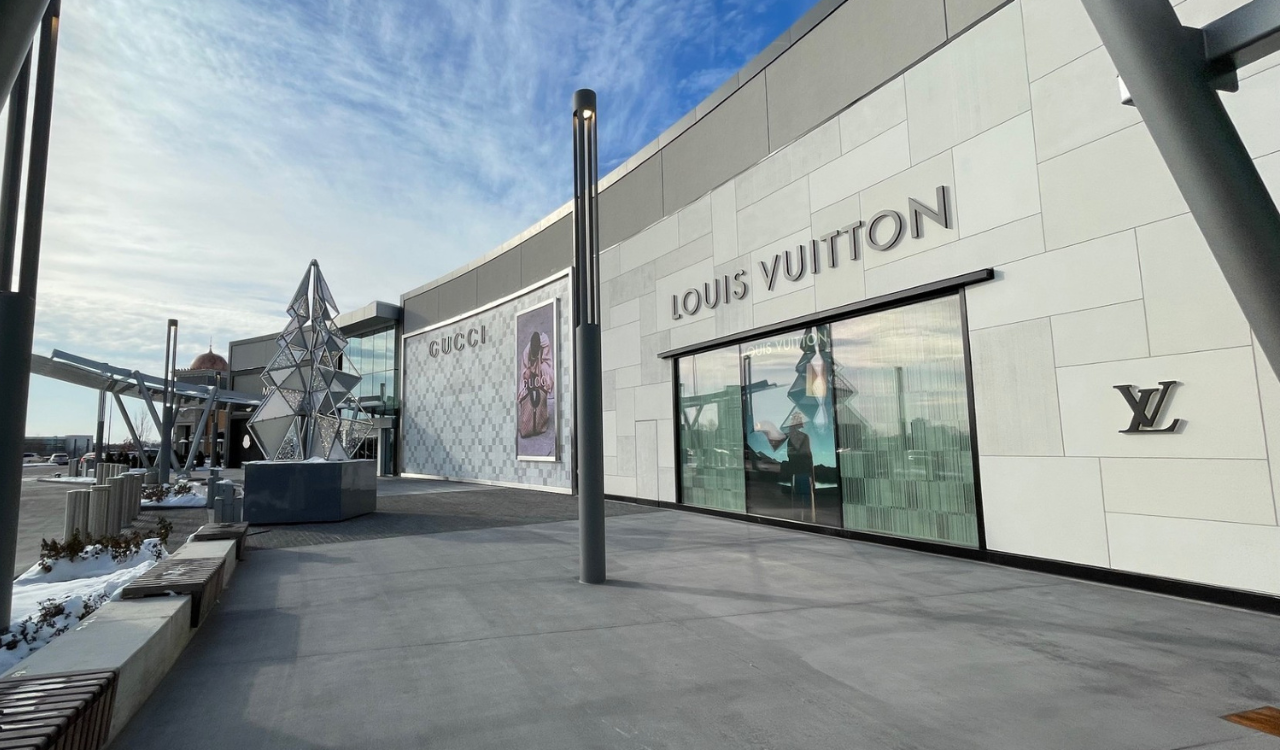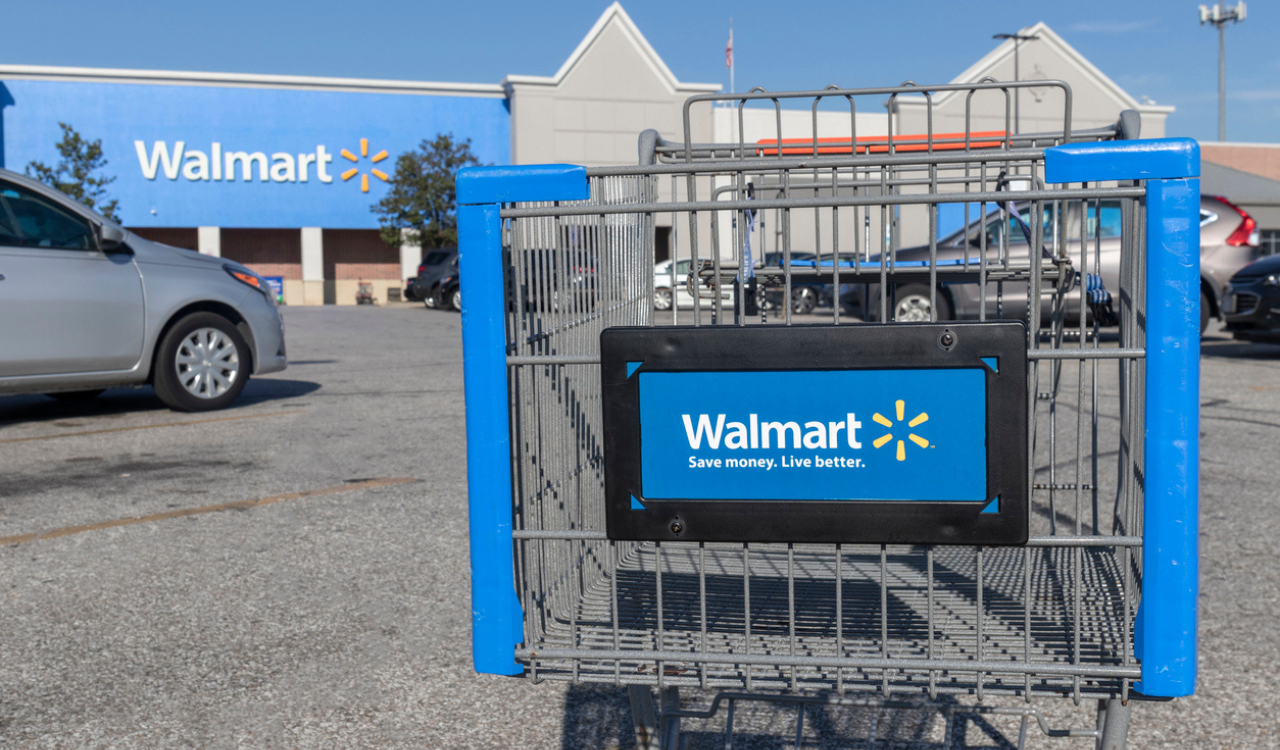A scandal has erupted in Brazil’s elite luxury market, shaking the foundations of one of the country’s most prestigious brands, Tania Bulhões, widely recognized for its luxury porcelain, perfumes, and homeware products. It’s quite a turn for the brand’s steward and creator, Tania Bulhões, who has meticulously cultivated her eponymous luxury empire, crafting an image of exclusivity and prestige, where premium pricing meets a celebration of Brazil’s lush flora and fauna.
Internet sleuths began uncovering other identical porcelain pieces (sans the Tania Bulhões branding) being sold on Alibaba and other global ecommerce platforms for a fraction of the price. In one now-viral video, a bold TikToker took a pocketknife to the bottom of a pricey Tania Bulhões cup from a separate collection, carefully scraping away the delicate gold-leaf logo that signified its exclusivity—only to expose what lay beneath: a “Made in Turkey” stamp, concealed beneath the luxury marque.
With boutiques nestled in the country’s most elite shopping districts, the brand has long been a staple of sophisticated living—a name revered in the circles of the ultra-wealthy. But now, that empire teeters on the brink of collapse. Not due to market downturns, corporate espionage, or aggressive competition, but because of one unsuspecting micro-influencer who, while on vacation in Thailand, stumbled upon a small detail that could unravel a retail empire back in her native Brazil.
Lifestyle Diva Unwrapped
Tania Bulhões is Brazil’s answer to Martha Stewart and is at the center of the controversy. For decades, the Tania Bulhões brand has symbolized exclusivity, elegance and sophisticated home living, with some of her hand-crafted porcelain teacups selling for upwards of $800 each. Her designs, celebrated for their sophistication, have adorned the tables of Brazil’s wealthiest families. But a TikTok video from a casual traveler has ignited a scandal that threatens to shatter the illusion of exclusivity—and expose a deeper pattern of deception while reigniting an old fraud conviction against Bulhões. The video is raising serious questions about high-end branding in Brazil.
As far as a story goes, this one has something for everyone.
This is more than just a luxury retail scandal—it’s a window into Brazil’s ultra-wealthy elite, who live in rarefied circles while much of the country grapples with widespread poverty. It’s a testament to the power of the internet, where a new generation of digital sleuths relentlessly uncover hidden truths, keeping brands under constant scrutiny. It’s also a story of global commerce and the intricate web of supply chains that blur the lines of exclusivity. Ultimately, it’s about the fragile illusion of luxury—where a brand’s strength lies in the trust it commands; when that trust is broken, even the most opulent empires can collapse.
How a TikTok Video Unraveled a Luxury Empire
The scandal broke when Izadora Palmeira, a Brazilian micro-influencer with just over 100,000 followers, was vacationing in the Phi Phi Islands, Thailand. Stopping for coffee at a small, unassuming café, she was stunned to discover that the teacup and saucer holding her drink were identical to the luxurious Marquesa collection porcelain she had purchased from Tania Bulhões in Brazil—except for one crucial detail: the Thai set lacked the Tania Bulhões logo on the bottom.
Palmeira recorded a video comparing the cups and posted it on TikTok, sparking an online firestorm. The video quickly went viral, accumulating over a million views, as more users began to question whether the supposed “exclusive” porcelain pieces were merely rebranded mass-market goods.
Then came the real bombshell.
Other internet sleuths began uncovering other identical porcelain pieces (sans the Tania Bulhões branding) being sold on Alibaba and other global ecommerce platforms for a fraction of the price. In one now-viral video, a bold TikToker took a pocketknife to the bottom of a pricey Tania Bulhões cup from a separate collection, carefully scraping away the delicate gold-leaf logo that signified its exclusivity—only to expose what lay beneath: a “Made in Turkey” stamp, concealed beneath the luxury marque.
For years, Tania Bulhões has been compared to Martha Stewart for her elegant brand, high-society appeal, and domestic luxury empire. And like Stewart, she’s no stranger to controversy; but Martha Stewart’s legal troubles didn’t involve misleading her own customers about the authenticity of her products. If the allegations against Bulhões hold up, she may struggle to regain consumer trust—especially in the age of viral accountability.
Tania Bulhões’ Response: A Study in PR Malpractice
At first, the brand attempted to downplay the allegations, stating that some of its porcelain was outsourced to external partners. However, public outrage intensified when investigative TikTokers discovered that Bulhões’ so-called “exclusive designs” bore striking resemblance to scores of factory-produced items from Turkey and China.
Then the internet sleuths turned their attention to other Tania Bulhões products, soon discovering that her fragrances were not original creations but rather repackaged versions of existing scents. By analyzing ingredient lists, bottle designs, and even manufacturer details, online investigators found striking similarities between her perfume line and cheaper, pre-existing fragrances available from private-label suppliers. Some users even conducted side-by-side comparisons, revealing that the scents were identical to mass-produced formulas with only minor branding changes. This discovery fueled further accusations that the entire Tania Bulhões brand was built on deception, reinforcing the narrative that she was merely rebranding existing products rather than developing anything unique.
Then, on February 7, 2025, the company issued a public statement announcing that it would immediately discontinue four of its porcelain collections: Marquesa, Mediterrâneo, Lírio, and Entre Rios. The statement also claimed that the company had already begun construction of its own porcelain factory in Uberaba, Minas Gerais, to ensure full control over production moving forward.
But by this point, the damage was done; consumers felt betrayed, questioning whether they had spent hundreds—or even thousands—of dollars on porcelain that was never truly exclusive to begin with.
Could This Be Fraud?
Under Brazilian law, misrepresentation of a product’s origin or misleading advertising could fall under consumer fraud. The Consumer Protection Code (Código de Defesa do Consumidor, or CDC) prohibits deceptive practices that mislead buyers about a product’s quality, origin, or exclusivity. Potential penalties for violations of the CDC can include fines (which could run into the millions, depending on the extent of the violation), mandatory recalls and product refunds, and civil lawsuits from consumers demanding compensation.
Many Brazilian legal analysts say that if the accusations are substantiated, the brand could face class-action lawsuits, which may force Tania Bulhões to compensate thousands of customers who purchased the now-pulled collections.
Tania Bulhões: No Stranger to National Scandals
For those familiar with Tania Bulhões’ history, this scandal has an eerily familiar ring to it. In 2010, Bulhões was convicted of fraud related to import tax evasion. Authorities found that she had underreported the value of her imports and illegally moved money abroad, defrauding the Brazilian government a crime that rendered her a four-year prison sentence (which was plea bargained down to community service), significant fines, and a court-ordered travel ban, preventing her from leaving Brazil without judicial approval. The recent porcelain scandal has now resurfaced these past crimes and introduced them to a new generation of Brazilian consumers, further damaging her carefully curated image.
Luxury, Scandal, and Billionaire Ties
Part of Tania Bulhões’ allure isn’t just her business success—it’s her extraordinary ascent. She carved out a name for herself as a celebrated designer and entrepreneur before marrying into one of Brazil’s wealthiest families, securing her place among the country’s elite. Her ex-husband, Pedro Grendene Bartelle, is a Brazilian footwear mogul and one of the co-founders of Grendene, the company behind Melissa and Ipanema—two of the country’s most famous shoe brands. With an estimated net worth of $2.2 billion, Grendene Bartelle is one of Brazil’s richest men.
Bulhões’ marriage into one of Brazil’s wealthiest families gave her access to powerful business circles, but she didn’t just ride on those connections—she built an empire of her own. And that empire is anything but small. The Tania Bulhões brand boasts 44 luxury boutiques across Brazil, along with a flagship store in New York City. In 2023, she expanded her reach by acquiring Royal Limoges, one of France’s oldest porcelain manufacturers. Her brand goes beyond porcelain, offering high-end perfumes, skincare, and even an upscale restaurant in São Paulo. In short, Bulhões was Brazilian luxury retail royalty.
Luxury Under Fire: How the Internet is Exposing High-End Deception
This scandal highlights a seismic shift in the luxury market—where the internet has made it nearly impossible for brands to disguise mass-produced goods as exclusive treasures. Social media users have become relentless watchdogs, exposing deception faster than traditional media ever could. For luxury brands built on secrecy and steep markups, the risk of being unmasked has never been greater. What began as a single TikTok video from a traveler in Thailand has erupted into a nationwide controversy in Brazil—one that Tania Bulhões may struggle to sweep under the rug.
The question on many Brazilians’ minds right now is ‘Can Tania Bulhões recover?’ Luxury thrives on trust, prestige, and the illusion of exclusivity—once that cracks, rebuilding is nearly impossible. Tania Bulhões now vows to produce her porcelain in-house, but will consumers buy it? The damage is done, and in an era where internet sleuths leave no secret unexposed, trust is a currency she may never regain. Brazil’s porcelain queen built an empire on the promise of authenticity—now, she faces the ultimate test. Will she rise from the scandal, or is this the moment her empire crumbles?




